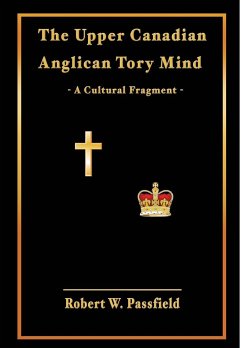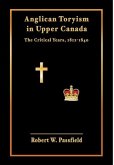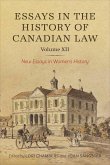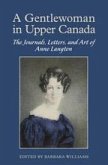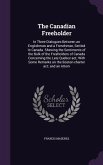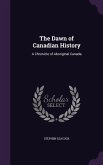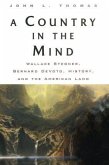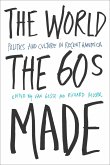The Upper Canadian Anglican Tory Mind: A Cultural Fragment by Robert W. Passfield is the most comprehensive elaboration of the beliefs, values and worldview of Anglican Toryism since the works of the Anglican divine, Richard Hooker, at the English Reformation, to which has been added the Tory concept of the 18th Century balanced British Constitution and the Tory view of the ultimate purpose of education, within the context of the politics of an English colony: the Province of Upper Canada.
Bitte wählen Sie Ihr Anliegen aus.
Rechnungen
Retourenschein anfordern
Bestellstatus
Storno

